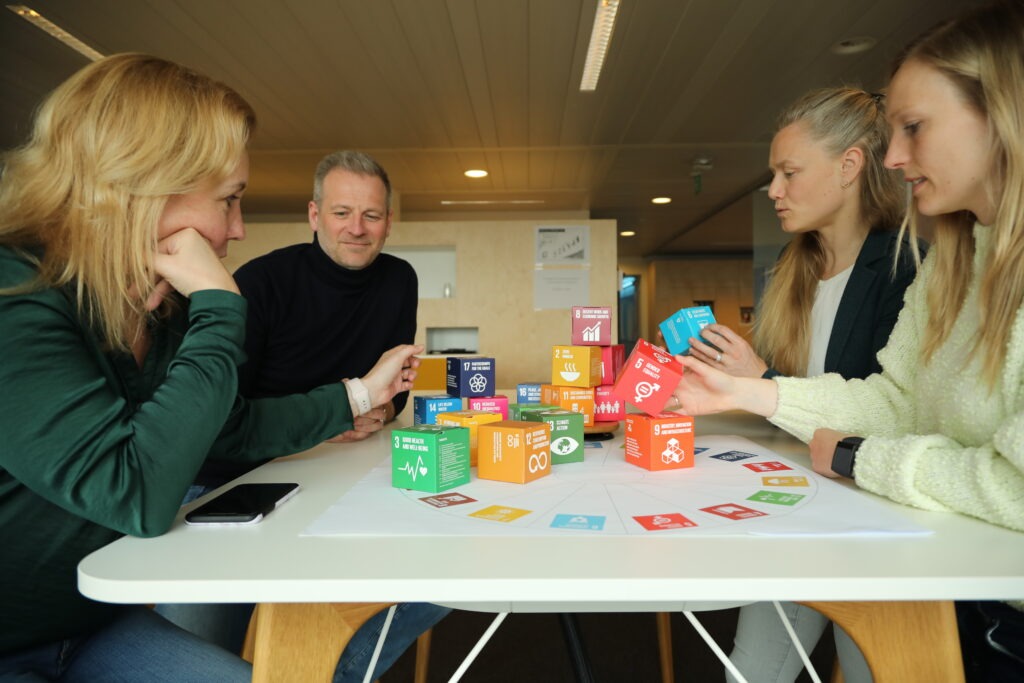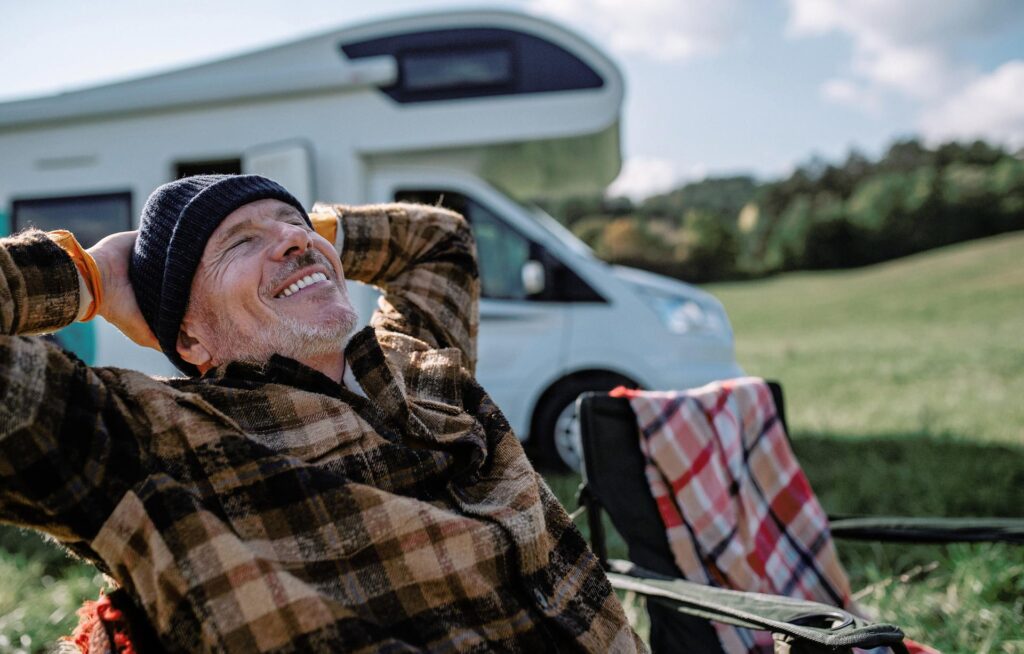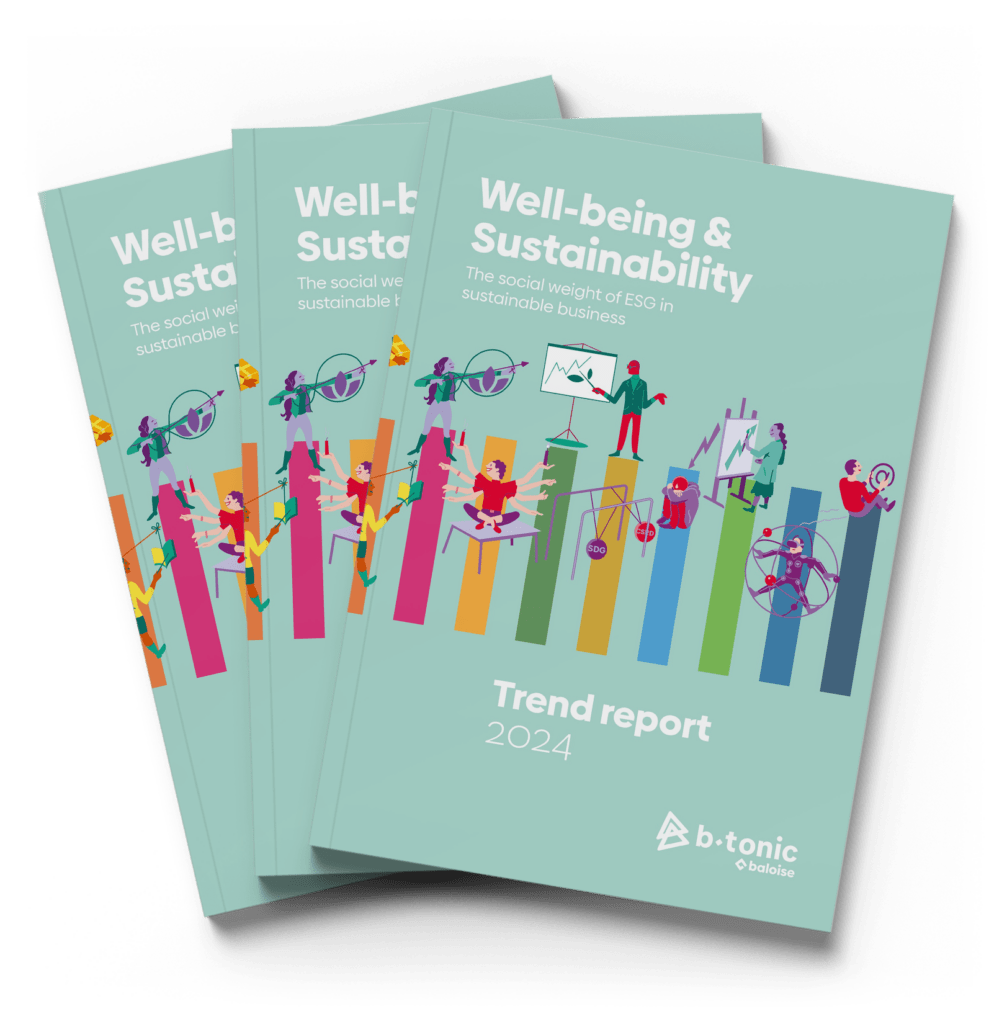The mission of B-Tonic, subsidiary of Baloise Insurance, is as clear as it is noble: to make people feel good at work. The start-up takes a holistic approach based on scientific data. A double interview with Professor Dr Kathleen Vangronsvelt, researcher at Antwerp Management School and Siviglia Berto, managing director of B-Tonic.
Mentally healthy and fit employees have more energy, better focus, a stronger immune system and less stress. As a result, they naturally become more productive. B-Tonic looks integrally at people and their environment. Siviglia Berto: ‘We are not into lifestyle, but work based on scientifically substantiated data and facts. On that basis, we put together practical, manageable programmes around five pillars: healthy leadership, healthy thinking, healthy eating, healthy exercise and healthy sleep/recovery.’
“The pandemic has a positive effect on trust between employer and employee. Employers learn to trust their employees even more“
Kathleen Vangronsvelt
Prof. Dr. at Antwerp Management School
A matter of trust
‘Many struggled, but persevered,’ says Siviglia Berto. ‘In addition, we saw that the pandemic had a positive effect on trust between employer and employee. There is a lot of goodwill, along both sides. Employers learned to trust their employees even more. Everything does hinge on the “psychological contract” between the two parties. Is it okay to jog for half an hour between meetings? Is it okay to be casually dressed at virtual meetings, …? It is all about making clear agreements.’
‘There is no such thing as a one-size-fits-all agreement,’ adds Siviglia Berto. ‘Also not with well-being, you cannot give everyone sports activities or just resilience sessions, hence our 5 pillars.’
To continuously feed and improve their “Wellbeing works” programmes, B-Tonic works intensively with partners, including the Antwerp Management School (AMS). Professor Dr Kathleen Vangronsvelt has been leading the research ‘Impact COVID19 in organisations since April 2020, via online surveys in a number of ‘waves’ among Belgian employers, hr professionals and employees. Key question of the study: what is the impact of the pandemic on the well-being of employees and the work organisation? This resulted in a first ever white paper. What turns out? The covid pandemic has once again fundamentally changed the rules of the game in the workplace. More than 4 in 5 employers now lie awake about the mental health of their people and worry about increased dropout rates.
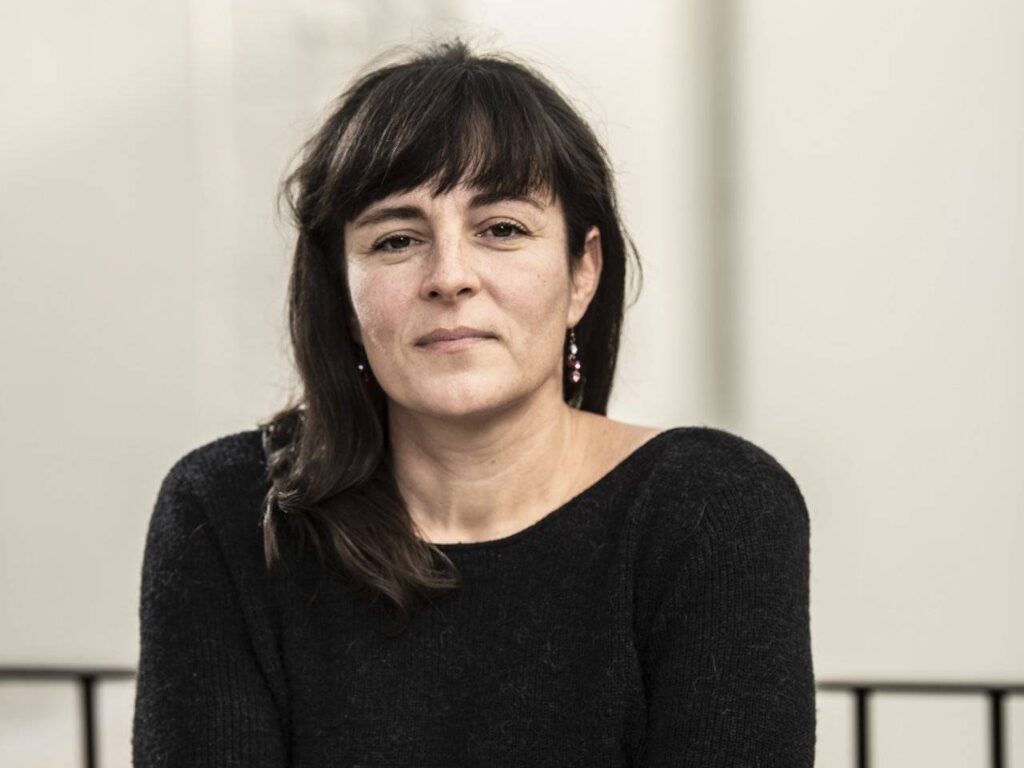
New skills
Another observation: the pandemic gave the staff’s learning curve a big boost. Siviglia Berto: ‘Because of the new ways of working, a lot of employees developed new, digital skills. It is so nice to see how the different generations reinforce each other in this day and age.’
‘We may realise even more what we have all learned, the road we have travelled,’ adds Kathleen Vangronsvelt. ‘That should give us enough confidence not to be afraid of the future. Employees also learned a lot of job-specific skills, solved complex problems and showed their adaptability.’
Going home with more energy
Hybrid workplaces are a major challenge for employers. Siviglia: ‘There are so many possible formulas now that you need good leaders who create a clear framework. Otherwise, a hybrid workplace means “do whatever”. Not everyone can or wants to work from home too. And if the manager puts the responsibility entirely on the employees, some may start working only from home. That has a very bad long-term effect on their own well-being, but also on their connection to the organisation.’
“The corona crisis sharpened the importance of well-being. Investing in your health is still the best insurance.“
Siviglia Berto
Managing Director of B-Tonic
Above all, the study showed how that human need for connectedness was and is under severe pressure. Kathleen Vangronsvelt: ‘Do not let go of your employees while reconnecting. Not only because people need it to belong somewhere. Also because sometimes you just need to be physically together to arrive at the best ideas via creative brainstorming. Or via serendipity: when you find something together that you did not know you were looking for.’
‘I call that our mammalian instinct,’ concludes Siviglia Berto. ‘That instinct makes us want to feel, smell and see each other. It is crucial that when people meet physically in the workplace, they go home with the same or more energy, otherwise your company culture is not right. And fortunately, we now also dare to say: “I have had a tough day”. That used to be unthinkable.’
Source: De Tijd

